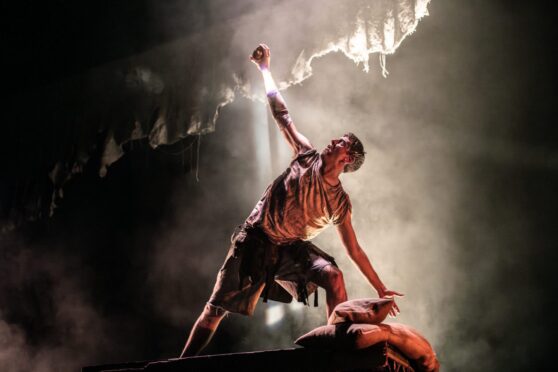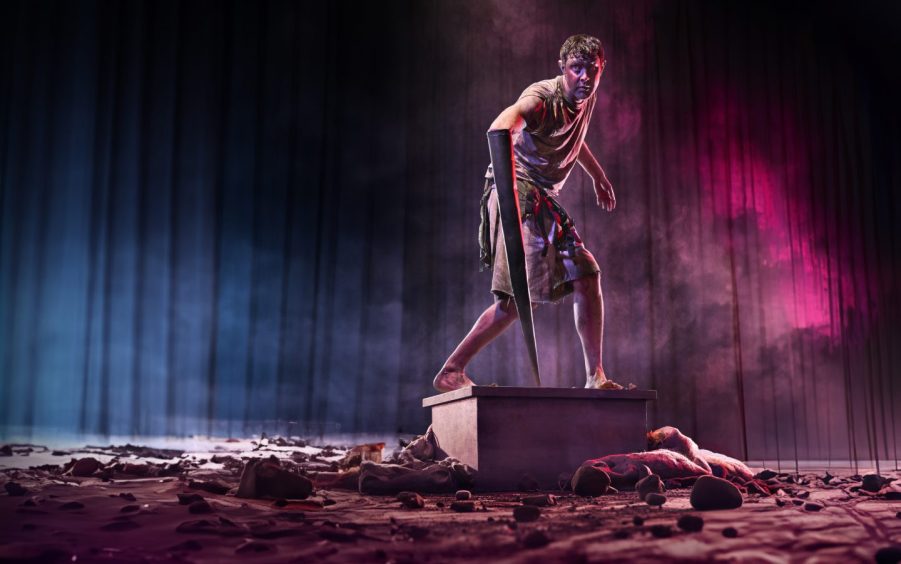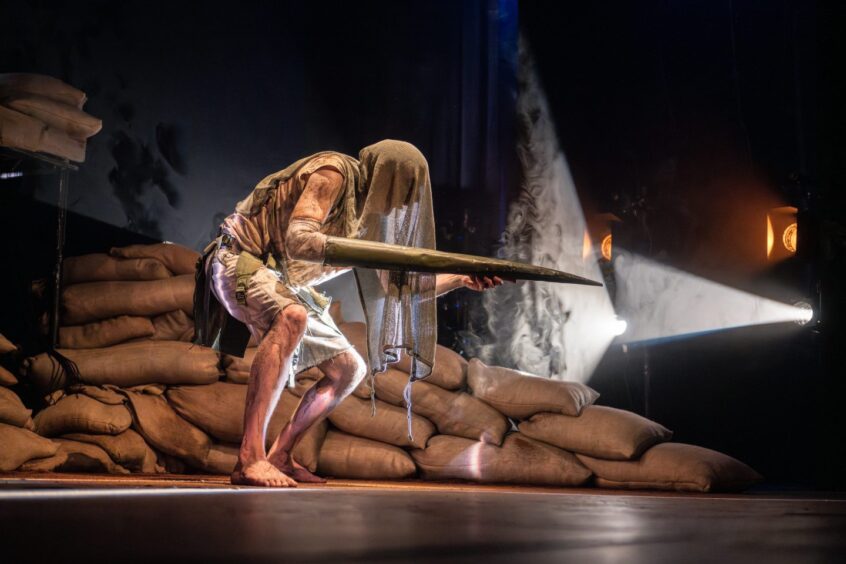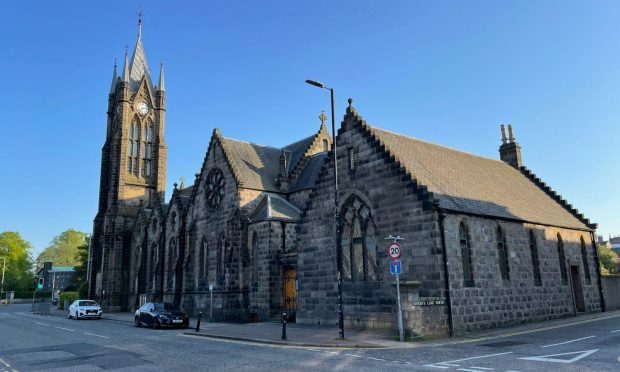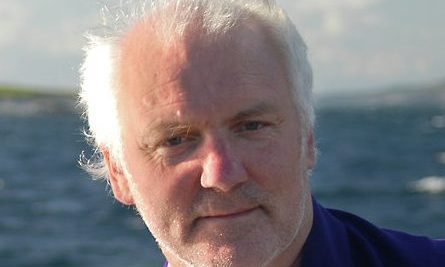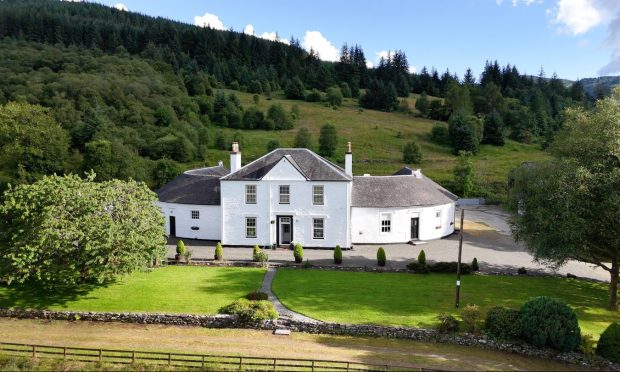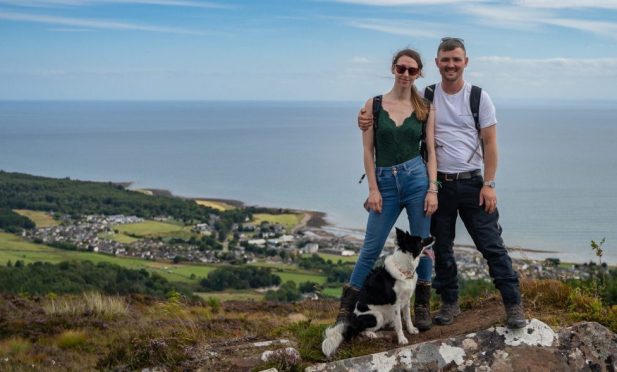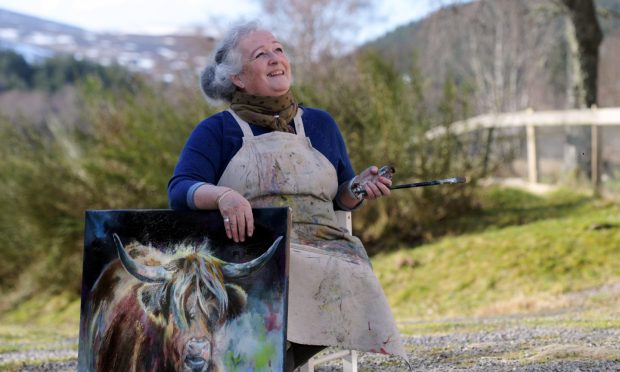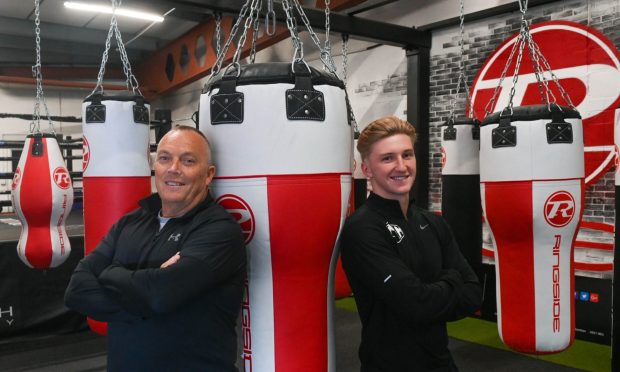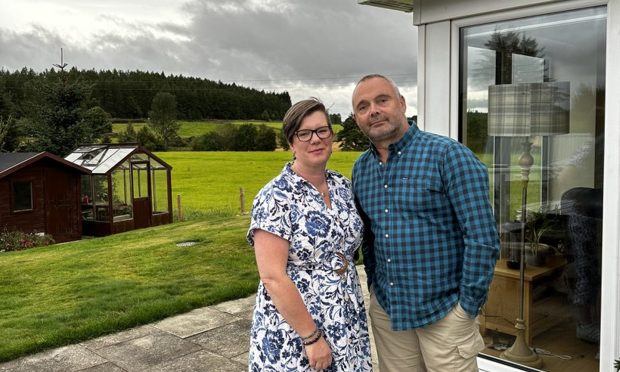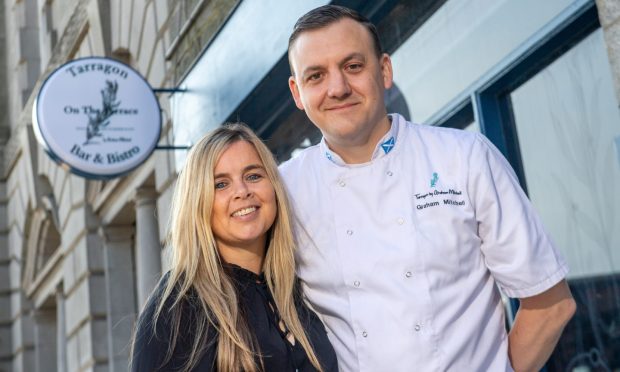Award-winning theatremaker Al Seed’s new solo show Plinth is the third part of a trilogy in which he examines the cause and effect of warfare.
It follows 2007’s The Factory, which was about the use of technology in war, and 2015’s Oog, about Post-Traumatic Stress Disorder (PTSD) as a result of combat.
“It’s like an ongoing research project,” says Seed, who’s based in Glasgow, of these works. “It’s something to do with the act of theatre and rituals of remembrance – with how people gather to reflect on the past, and the past being something that’s malleable. The past is gone, but we recreate and reinvent it through remembering.”
Plinth is about how we remember war ‘heroes’ through the act of putting up statues, although this gorgeously-created piece of non-verbal theatre only has a passing connection to recent controversies over racial issues surrounding statues.
‘It’s like a magic trick on stage’
Instead, it’s a very distinctive retelling of the myth of Theseus, Ariadne and the Minotaur.
“In a nutshell, it’s a 50-minute reimagining of that myth,” says Seed.
“It really focuses on the figure of Theseus as being, as princes were in ancient times, a military figure. For me, I feel I’ve struck upon a good idea when a weird, happy coincidence happens. When you’re thinking about two unrelated things, and you realise they’re not actually unrelated, they’re one and the same thing.
“It’s like a magic trick on stage, a double image of two stories at once. Statues were in the news, and I was following all that, but in the meantime, I was wrestling with the myth of Theseus, Ariadne and the Minotaur, which had been on my mind for a long time.”
The conclusion he came to, once he put the ideas together, was that if you have a statue of a hero, then you end up ‘othering’ what isn’t heroic.
“Theseus is a prime example of a classic mythological hero, but what I find interesting is that I always feel incredible sympathy for the Minotaur,” says Seed. “It gets a really awful deal, it’s Theseus I’m quite suspect of.”
‘History is a curse’
Theseus does, after all, abandon his supposedly beloved Ariadne. “I’m interested in looking at the idea of how we create heroes. What functions they have, and the more complicated stories that lie behind the image of heroes and monsters.
“I wouldn’t describe my shows as tragedies, but they’re grounded in that way of thinking – that tragedies are about the past not really being dead, it keeps coming back, that history is a curse.”
Plinth is a beautifully realised show, although by its very nature it invites the audience to engage their imagination, to do part of the work. “You’re asking people to pay money to come and see a show, whatever the subject is,” he says.
“So fundamentally, what I hope I’ve made is something really thrilling and engaging, that people will be completely absorbed in, and come out the other end feeling like they’ve travelled to a different kind of onstage universe.”
Embracing difficult questions
Seed finishes by explaining just why he wants to get to grips with the subject of war, one which sadly continues to be timely. “I think we shy away from thinking and talking about it, and that’s a big contributing factor to why war is basically an ongoing human activity,” he says.
“Embracing some difficult questions about why we keep doing it and what’s attractive about it to some individuals, and becoming more self-aware of how war relates to our daily lives, is the first step towards having less of them.
“I find making this kind of work a very engaging, rewarding process, and I hope that sense of reward is felt by the audience too.”
Plinth by Al Seed is at Mull Theatre, Tobermory, Tuesday October 31 and Eden Court, Inverness, Tuesday, November 7. For more information go to vanishing-point.org
